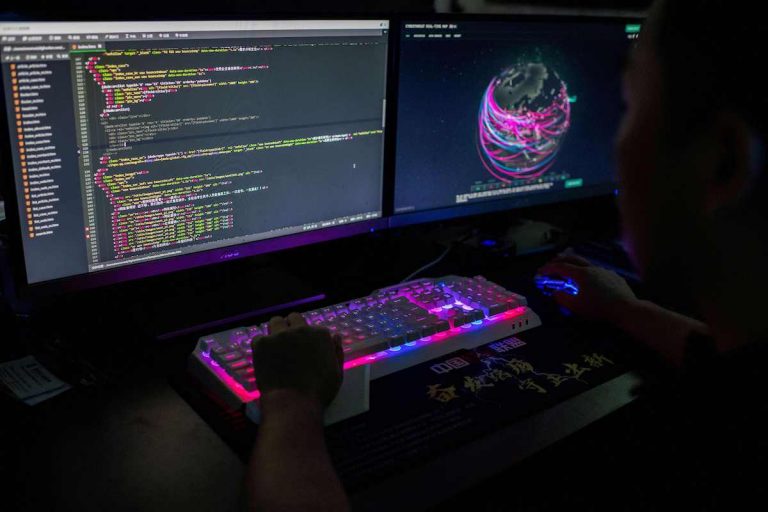The U.S. Department of Commerce has blacklisted seven Chinese supercomputing companies for having ties to the People’s Liberation Army (PLA) and their potential for developing Weapons of Mass Destruction. The blacklist restricts U.S. companies from exporting to and doing business with the banned entities.
The Department of Commerce’s Bureau of Industry and Security (BIS) released a press statement on April 8, listing the entities and explaining why they will be banned. Tianjin Phytium Information Technology, Shanghai High-Performance Integrated Circuit Design Center, Sunway Microelectronics, the National Supercomputing Center Jinan, the National Supercomputing Center Shenzhen, the National Supercomputing Center Wuxi, and the National Supercomputing Center Zhengzhou will all be put on the banned entity list. This will add to the already banned supercomputing entities Sugon, the Wuxi Jiangnan Institute of Computing Technology, Higon, Chengdu Haiguang Integrated Circuit, and Chengdu Haiguang Microelectronics Technology, which were all blacklisted back in June 2019 by the Trump administration.

The BIS statement said that “These entities are involved with building supercomputers used by China’s military actors, its destabilizing military modernization efforts, and/or weapons of mass destruction (WMD) programs.” It also quoted U.S. Secretary of Commerce Gina M. Raimondo, who said, “Supercomputing capabilities are vital for the development of many – perhaps almost all – modern weapons and national security systems, such as nuclear weapons and hypersonic weapons. The Department of Commerce will use the full extent of its authorities to prevent China from leveraging U.S. technologies to support these destabilizing military modernization efforts.”
While nominee for a position as Secretary of Commerce, Raimondo did not promise that she would keep Huawei on the blacklist as a national security threat, which was met with some disapproval, she did claim she would “use the full tool kit at my disposal to the fullest extent possible to protect Americans and our network from Chinese interference or any kind of backdoor influence into our network, and that’s Huawei, ZTE, or any other company.” At a recent press briefing at the Whitehouse on April 7, when asked if she was going to keep Huawei on the banned entity list, she said, “I have no reason to believe that they won’t [be kept on the banned entity list], but we’re kind of in the middle of the overall review of the China policy.”
The South China Morning Post explained that the ban might have little effect on China’s supercomputer development. The U.S. tried to diminish China’s supercomputing development before. When Intel was banned from selling their computer chips to Chinese companies, these sanctions only lead to China developing their own central processers and more than 200 supercomputers in recent years, doubling the amount developed in the U.S.
Success
You are now signed up for our newsletter
Success
Check your email to complete sign up
“China’s actions are uncompetitive, coercive, underhanded. They’ve proven they’ll do whatever it takes,” Raimondo said at her recent Whitehouse press briefing.
Response to banned Chinese supercomputing entities
“We firmly reject the US move to add 7 Chinese supercomputing entities to the Entity List to maintain monopoly and hegemony in S&T [science & technology] sector by abusing national security & state power. Despite blockade, China’s supercomputing is leading the world. The US can’t contain our S&T progress,” said Chinese Foreign Ministry spokesman Lijian Zhao in a statement on Twitter.
Xiao Limin, an adviser to the Chinese Communist Party (CCP) on supercomputer technology, also mentioned that the ban would have little effect, in the long run, stating it “could cause some temporary issues – some may be challenging, but they will not affect the development of our next-generation supercomputer in the long run.”
















